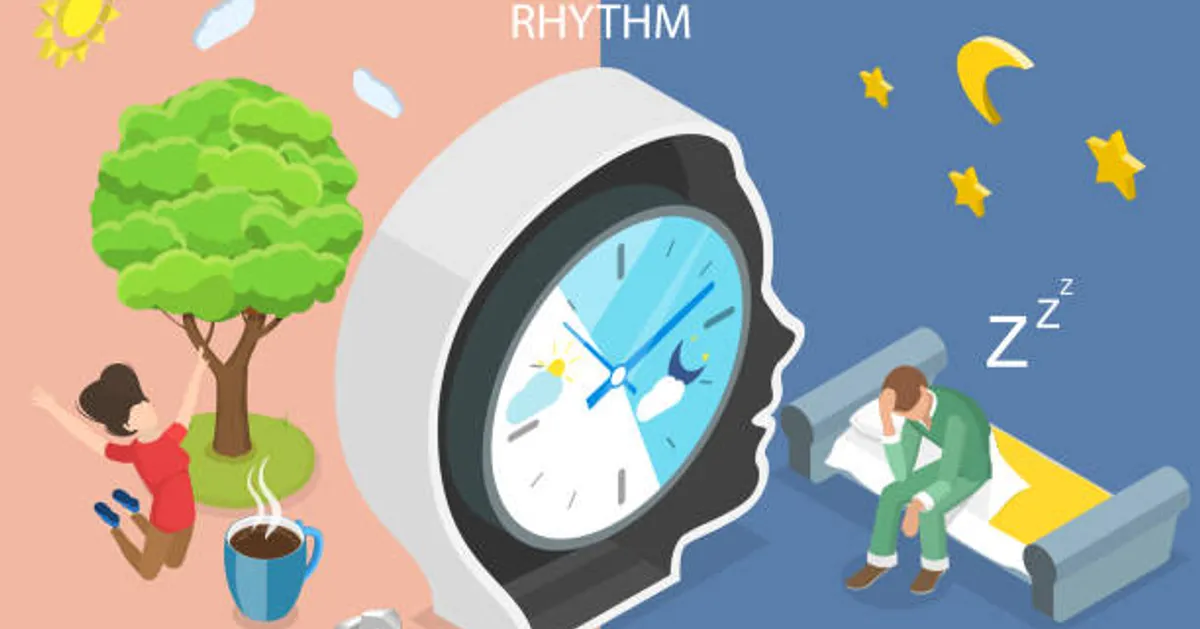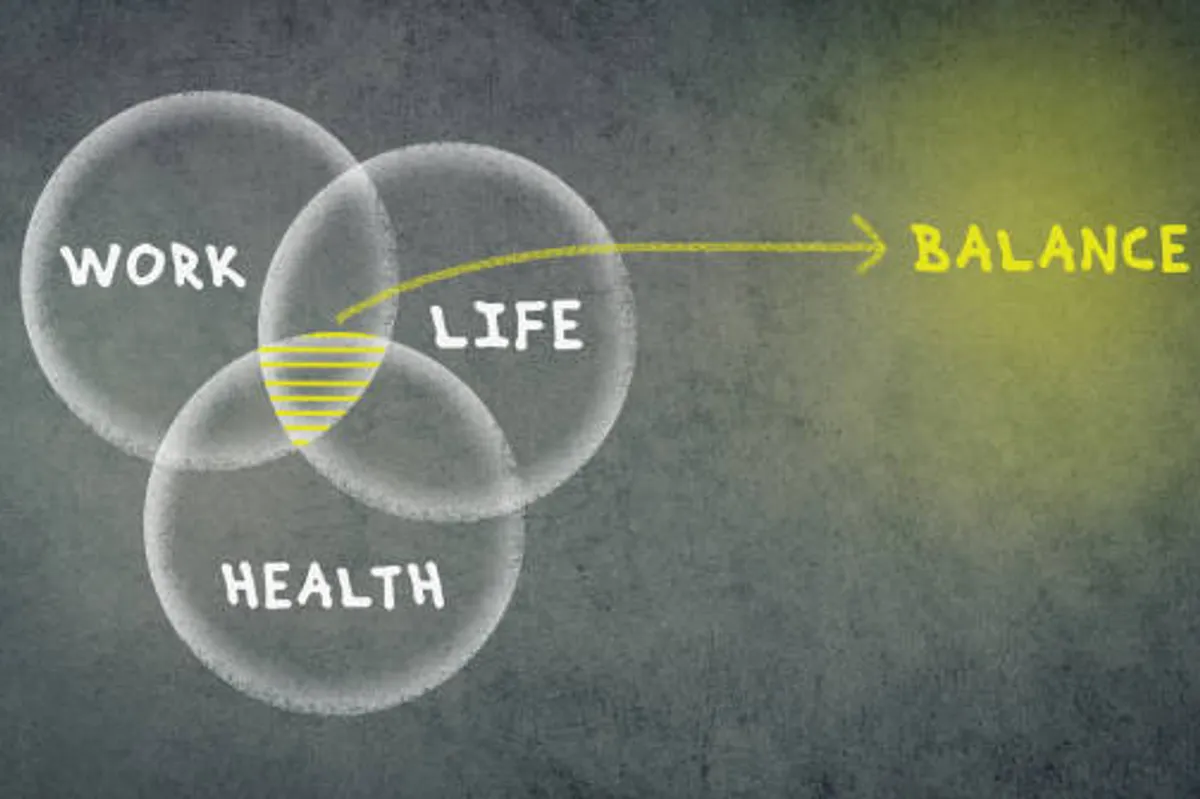
Circadian Rhythm Hacks: Syncing Your Day for Better Sleep & Energy

GeokHub
Contributing Writer
In today’s fast-paced digital world, filled with screens, late-night scrolling, and unpredictable work hours, many people are unknowingly battling a hidden issue: a disrupted circadian rhythm.
This internal “clock,” located deep in the brain, regulates everything from when you feel sleepy to how efficiently your body burns energy. When your schedule clashes with your biology — staying up late, eating at odd hours, or getting little sunlight — your sleep, mood, and metabolism all suffer.
The good news? You can reset your rhythm naturally with a few daily habits that help your body and brain work with time instead of against it.
What Is the Circadian Rhythm?
Your circadian rhythm is a 24-hour internal cycle that controls key biological processes — including sleep, digestion, hormone release, and alertness.
It’s your body’s built-in timer, guided primarily by light exposure and daily routines. When it’s in sync, you wake up refreshed and stay focused throughout the day. When it’s off, you may experience:
- Trouble falling or staying asleep
- Daytime fatigue and brain fog
- Irritability or mood swings
- Hormonal imbalance and weight gain
According to the National Sleep Foundation, even a one-hour shift in your natural rhythm can impair focus and metabolism.
Morning Hacks: Set the Tone for the Day
Your circadian rhythm resets every morning. The way you start your day determines how your body performs for the next 16 hours.
Get Natural Sunlight Early
Step outside within 30 minutes of waking. Morning sunlight signals your brain to produce cortisol (for alertness) and delay melatonin (the sleep hormone).
Move Your Body
Light exercise — such as walking or stretching — boosts blood flow and tells your body it’s daytime.
Time Your Caffeine
Avoid coffee immediately after waking. Wait at least 60–90 minutes so your natural energy hormones can rise first.
Afternoon Hacks: Maintain Energy & Focus
Afternoons are when energy dips happen — not because of fatigue alone, but due to natural circadian patterns.
Eat Consistent, Balanced Meals
Avoid skipping lunch or eating too late. A steady eating schedule keeps your blood sugar balanced and your brain alert.
Take an Outdoor Break
Even 10 minutes of sunlight helps maintain rhythm. Natural light exposure during the day boosts serotonin, improving both mood and sleep quality.
Avoid Long Naps
A 20-minute “power nap” can recharge you. Anything longer may delay your sleep cycle, making it harder to rest at night.
Evening Hacks: Prepare for Rest
Evenings are when most people disrupt their rhythm — often without realizing it.
Dim the Lights
Use warm, low lighting after 8 p.m. This cues your brain to start releasing melatonin naturally.
Reduce Blue Light Exposure
Screens emit blue light that tricks your brain into staying awake. Enable night mode or use blue-light-filtering glasses.
Stick to a Consistent Bedtime
Go to bed at roughly the same time every night — even on weekends. This consistency trains your internal clock to stay aligned.
Bonus: Nutrition & Supplements for Better Sleep
Certain nutrients help your circadian system run smoothly:
- Magnesium – Calms nerves and promotes deep sleep.
- Melatonin (low dose) – Useful for short-term sleep rhythm resets.
- Omega-3s – Support brain health and mood regulation.
- Tryptophan-rich foods – Like turkey, oats, or bananas, which boost natural melatonin production.
Weekend Reset Plan
If your schedule feels off, try this quick 3-day weekend reset:
- Wake up within 30–45 minutes of your normal weekday time.
- Get direct sunlight early.
- Skip long naps.
- Go to bed slightly earlier each night until your rhythm feels stable again.
You’ll start noticing improved sleep and energy within a few days.
Final Thoughts
Your circadian rhythm is one of your most powerful wellness tools — yet it’s often ignored. By syncing your habits with your body’s natural timing, you’ll improve sleep quality, focus, mood, and metabolism.
It’s not about strict discipline — it’s about consistency. Every sunrise you greet and every screen you dim at night reminds your body:
You’re back in rhythm.








